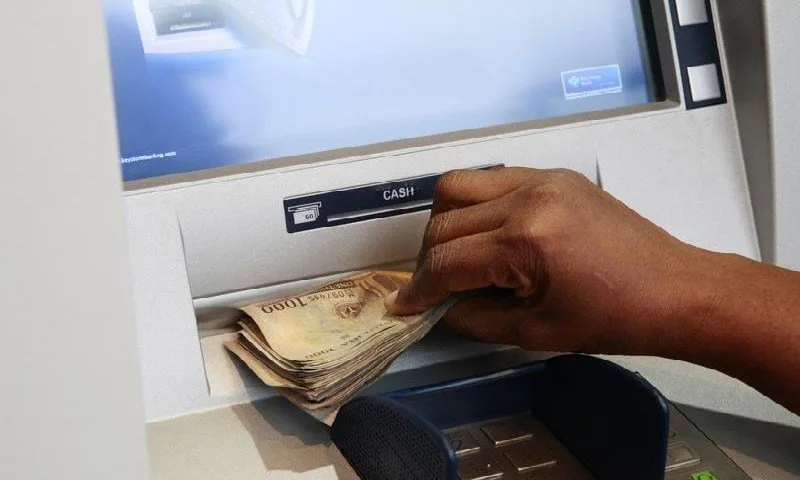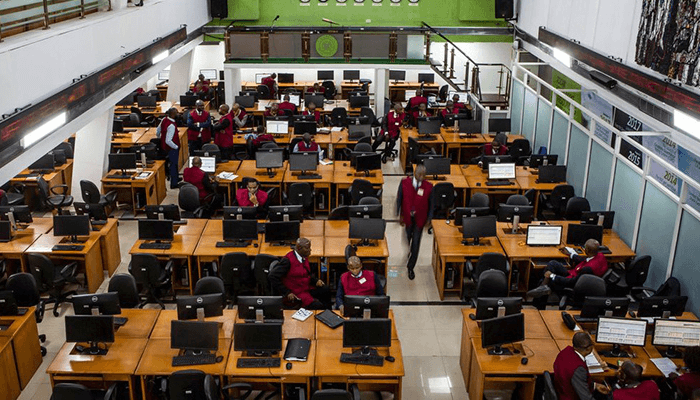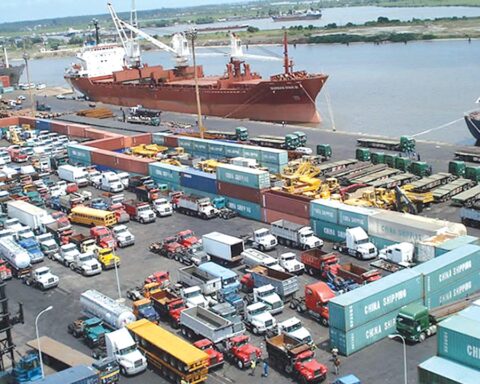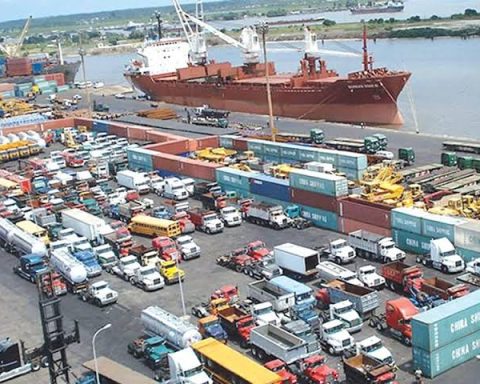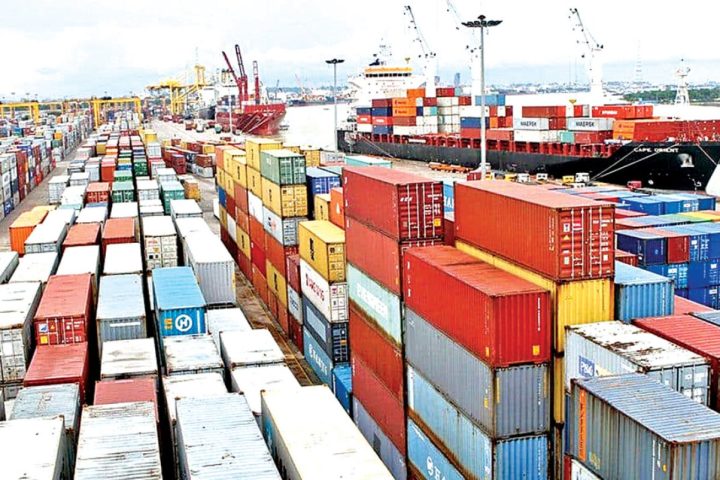The Central Bank of Nigeria (CBN) has announced new charges for Automated Teller Machine (ATM) transactions, set to take effect from March 1, 2025. The revised charges will affect cash withdrawals across different banking channels, including on-site ATMs and those operated by other banks.
A circular signed by John Onojah, acting director of the financial policy and regulation department at the CBN, stated that the changes were necessary to address rising operational costs and improve banking efficiency.
Join our WhatsApp ChannelCBN Justifies New ATM Fees
The CBN explained that the adjustments align with Section 10.7 of the ‘CBN Guide to Charges by Banks, Other Financial and Non-Bank Financial Institutions (2020).’
“In response to rising costs and the need to improve the efficiency of Automated Teller Machine (ATM) services in the banking industry, the Central Bank of Nigeria (CBN) has reviewed the ATM transaction fees prescribed in Section 10.7 of the extant CBN Guide to Charges by Banks, Other Financial and Non-Bank Financial Institutions, 2020 (the Guide),” the statement read.
The apex bank further emphasised that the changes would help facilitate the deployment of more ATMs across the country and ensure that financial institutions apply appropriate charges to customers using these services.
READ ALSO: CBN Sets New $25,000 Weekly Limit For BDCs To Regulate FX Market
Breakdown of the New ATM Charges
Under the new guidelines, customers withdrawing from ATMs owned by their banks (on-us transactions) will continue to enjoy free withdrawals. However, for withdrawals at ATMs located within bank branches, a charge of N100 per N20,000 will be applied.
Withdrawals from ATMs operated by other banks (Not-on-Us transactions) will attract an N100 fee plus an additional surcharge of not more than N500 per N20,000 withdrawn.
For international withdrawals, banks and financial institutions will now charge customers a “cost-recovery charge equivalent to the exact amount charged by the international acquirer.”
Additionally, the CBN has removed the existing provision that allowed customers three free monthly withdrawals from ATMs operated by other banks.
Public Reaction to CBN’s New Policy
The announcement has sparked widespread criticism, with many Nigerians taking to X (formerly Twitter) to express their frustration over the new charges.
Ibeh Munachimso (@Ibeh04) wrote, “@cenbank una be digital extorter, upon all this hardship @OfficialAPCNg has put us into una wan still steal the small money we’ve work hard to get.”
Dagreat (@Dagreatdey4you) commented, “The government have target 🎯 and they must reach it.”
OnePuckett (@OnePuckett) expressed skepticism about the government’s intentions, saying, “Yeah, they keep looking for sources to generate revenue.”
Daffydre Parody (@Daffydrejr) provided an alternative perspective, stating, “This change in ATM fees could really push more people towards digital banking solutions. It’s a tough pill to swallow, but might be the nudge many need to go cashless! 🏧💳”
However, not everyone was completely opposed to the change. Jenae Rex (@Jenae_Rex) remarked, “Na for who still dey use ATM. Though it’s cheaper than POS to an extent.”
In response, OnePuckett (@OnePuckett) pointed out that the policy could have ripple effects, adding, “You think it won’t reflect on POS😂 Just watch POS charges go up🤣.”
Financial Experts Weigh In
While the CBN insists that the new ATM transaction fees will help improve banking services, financial analysts have warned that the move could put further financial strain on consumers already dealing with economic hardship.
Some experts argue that the changes could push more people towards digital banking and mobile transactions, which the CBN has been promoting as part of its cashless policy. However, others believe that the additional fees could negatively impact those who rely heavily on cash transactions.
“The decision by the CBN to increase ATM transaction fees will make banking more expensive for everyday Nigerians,” said financial analyst Olumide Adeyemi. “While there is a push for a cashless economy, a significant number of people still depend on cash, especially in rural areas where digital banking services are limited.”
He also noted that the increase in charges on non-bank ATMs could lead to higher Point of Sale (POS) transaction fees, making cash access even more costly for Nigerians.
CBN Urges Banks to Comply
The CBN has directed all banks and financial institutions to implement the new charges in full compliance with its guidelines. The apex bank also emphasized that all fees must be transparently disclosed to customers at the point of withdrawal.

“The surcharge is the income of the ATM deployer/acquirer and must be disclosed to consumers at the point of withdrawal,” the CBN stated.
As the March 1, 2025, implementation date approaches, many Nigerians will be watching closely to see how the new policy will impact their banking experience. For now, the backlash on social media suggests that the changes have not been well received by the public.
Emmanuel Ochayi is a journalist. He is a graduate of the University of Lagos, School of first choice and the nations pride. Emmanuel is keen on exploring writing angles in different areas, including Business, climate change, politics, Education, and others.

